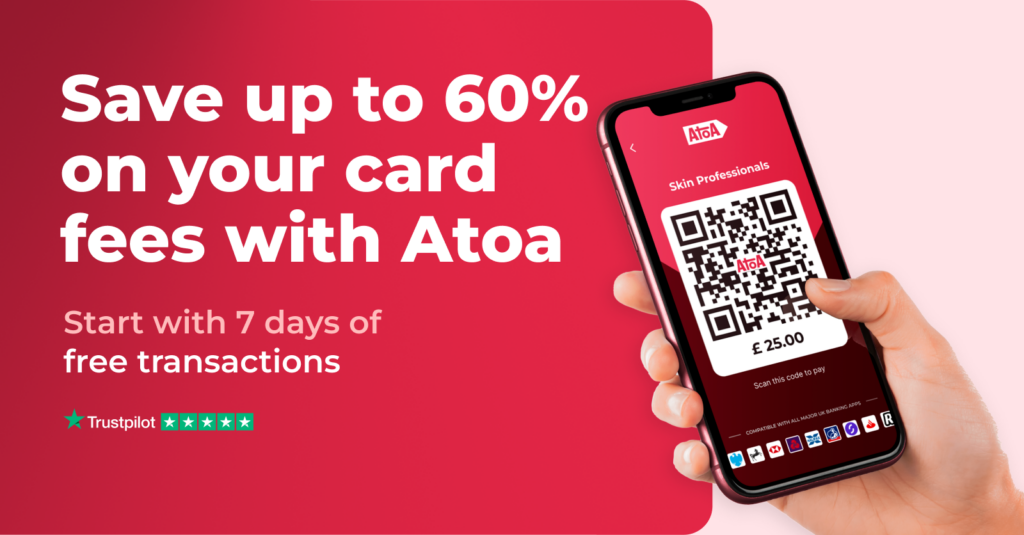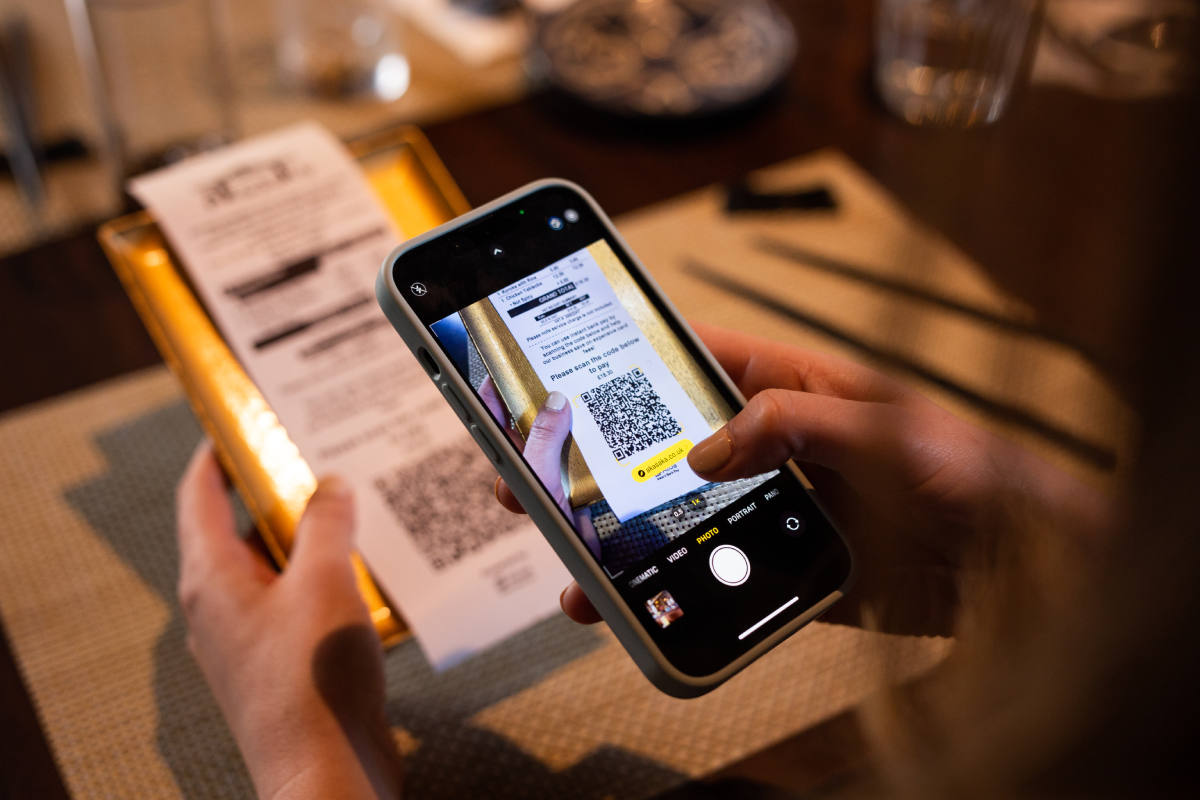Ready to get started?
Easily integrate next-generation payments and financial data into any app. Build powerful products your customers love.
For years, card networks like Visa and Mastercard have been the default choice for processing transactions. But card fees have surged by up to 600% since 2014, significantly increasing the cost burden on businesses that rely on these traditional card networks for payment processing. Coupled with rising fees, security risks, and settlement delays, businesses are looking for alternatives. Open banking payments is that alternative—a direct, account-to-account payment system that removes the need for middle men, speeds up transactions, and significantly reduces costs. But is it truly a viable alternative to card networks? And what does this mean for the future of payments?
Let’s break it down.

Card networks vs open banking: The basics
How card networks work
Card networks have long facilitated digital payments across the globe. When a customer pays using a card, the transaction involves multiple parties:
- Acquirer: The merchant’s bank
- Issuer: The customer’s bank
- Card Network: Entities like Visa or Mastercard
Each of these players takes a cut of the transaction, leading to processing fees typically ranging from 1% to 3% per payment. Also, the funds often take 1 to 3 business days to settle, which can affect cash flow.
How open banking works
Open banking payments operate differently. Instead of relying on a card network, payments are made directly from one bank account to another using secure APIs. This removes intermediaries and results in:
- Lower fees – No card network fees, with costs as low as 0.7% per transaction.
- Faster settlement – Payments clear instantly or within seconds.Yes, you read that right…instantly!
- Greater security – Bank-level authentication methods reduce fraud risks.
A direct comparison
| Feature | Card networks | Open banking |
|---|---|---|
| Transaction fees | 1% – 3% + additional charges | Typically 0.7% per transaction |
| Settlement speed | 1–3 business days | Instant payments and reconciliations |
| Fraud & chargebacks | High risk of fraud & chargebacks | Lower risk, SCA-secured payments |
| Customer experience | Standard payment process | Faster, frictionless transactions |
| Global reach | Accepted worldwide | Growing rapidly in the UK & EU |
Why more businesses are moving to open banking
Across industries, companies are swapping slow, expensive payment methods for instant, real-time transactions. Here’s how different sectors are benefiting:
- Retail and hospitality: Waiting on card settlements can disrupt inventory management and payroll. With open banking, payments clear instantly, keeping cash flow steady and operations running smoothly.
- Automotive dealerships: Car dealerships lose a chunk of their profits to high payment processing fees, especially on big-ticket sales. Open banking cuts out the middleman, letting businesses take direct bank transfers and avoid unnecessary card fees.
- Professional services: Law firms and consultancy agencies often face delays with traditional invoicing. By adopting open banking, they can use secure payment links to receive funds instantly, cutting down on admin work.
- Beauty and wellness: Salons and spas can collect deposits upfront by sending their customers an SMS payment link before their appointment. This helps reduce no-shows and secures revenue in advance.
From reducing delays to cutting costs, open banking is giving businesses the financial flexibility they need to thrive.
How Atoa is powering open banking payments for businesses
Atoa helps businesses to accept fast, fair, and secure open banking payments. Whether you operate a car dealership, law firm, construction business, or e-commerce brand, Atoa simplifies the process by removing unnecessary fees and speeding up settlements.Unlike traditional payment providers, Atoa allows customers to pay directly from their bank app using QR codes or sending SMS payment links—no need for cards, third-party wallets, or extra logins. This means smoother transactions, lower costs, and a better payment experience for both businesses and customers.
Why choose Atoa?
- Accept payments in-store by scanning QR codes or remotely by sending SMS payment links.
- Lower transaction fees – Starting at just 0.7% per transaction.
- Instant settlement – No more waiting days for card payments to clear.
- User-friendly customer experience – No apps or extra steps required.
Why open banking is here to stay
The payments industry is evolving, and open banking is at the forefront. Businesses that fail to adapt risk losing out on cost savings, efficiency gains, and customer trust.
Regulatory bodies like Payment Services Directive 2 (PSD2) are actively making sure that open banking follows all precautions to ensure secured online transactions. Also, fintech advancements are further accelerating its growth, making it an increasingly accessible and reliable alternative to traditional payment methods.
Moreover, businesses are recognising the sustainability benefits of open banking. By reducing dependence on paper-based processes and minimising energy consumption associated with traditional payment methods, it offers a more environmentally-friendly alternative.
The bottom line
Moving from card networks to open banking isn’t merely a technological shift—it’s a strategic move towards a fairer and more efficient financial system for your business. By reducing costs and improving cash flow, your company can gain a competitive edge and dedicate more resources to delivering superior customer experiences.
Embracing open banking is simpler than you might think. With Atoa, you can start accepting open banking payments today and enjoy a 7-day free trial with no obligations.Ready to experience the benefits of open banking? Contact us or book a demo to get started.




